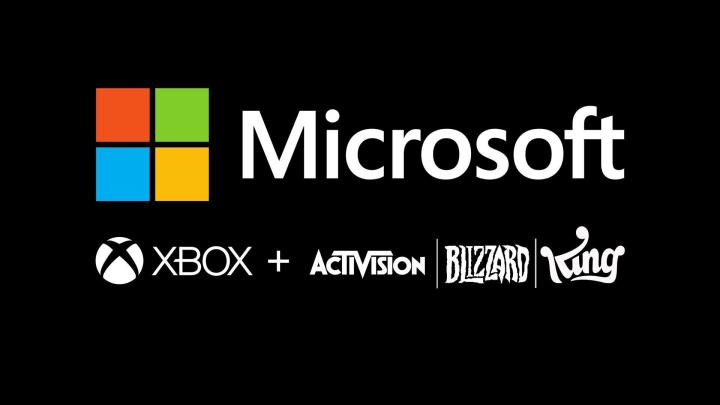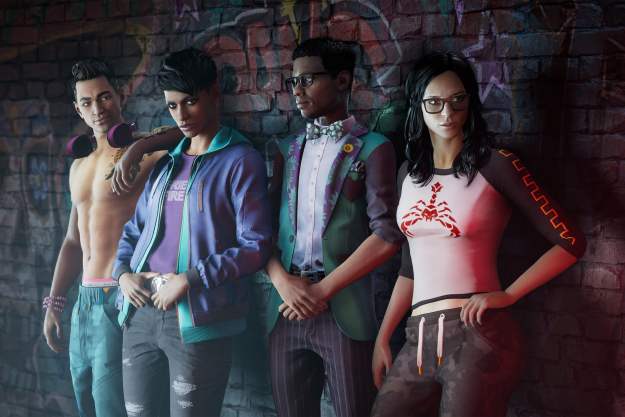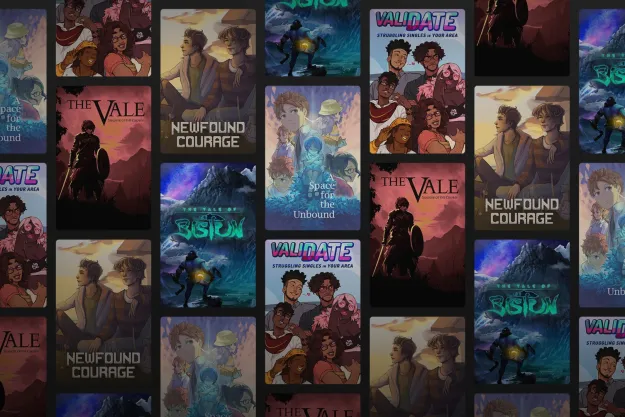
Microsoft and Activision Blizzard have agreed to extend the deadline for its impending merger. The companies now have until October 18 to close the deal, extending their original deadline by months.
The original cutoff for Microsoft’s Activision Blizzard buyout was July 18, however, that finish line wasn’t an easy one to cross. Just before that date, Microsoft had to face off against the FTC in a court case to decide the deal’s fate. A San Francisco judge ruled in Microsoft’s favor with only days to go before the July date. With a few other loose ends to tie up, Microsoft now has until mid-October to get it done.
The announcement came from Xbox and Microsoft’s top executive, who tweeted that it was able to come to a mutual agreement with Activision Blizzard to move the goalposts. Microsoft president Brad Smith says the move is designed to clear up some final regulatory issues.
“We will honor all commitments agreed upon with the EC and other regulators and continue to work with the CMA on the issues raised in the UK. We are confident about our prospects for getting this deal across the finish line,” Smith tweets.
Activision Blizzard issued its own statement on the extension, echoing Smith’s thoughts: “Given global regulatory approvals and the companies’ confidence that CMA now recognizes there are remedies available to meet their concerns in the U.K., the Activision Blizzard and Microsoft boards of directors have authorized the companies not to terminate the deal until after October 18. We’re confident in our next steps and that our deal will quickly close.”
The extension gives Microsoft a few extra months to negotiate with the United Kingdom’s Competition and Markets Authority, who were the final blocker for the deal. Meanwhile, the FTC continues to explore avenues to halt the deal after a failed attempt at a Supreme Court intervention. At this stage, it’s looking likely that Microsoft will close the deal by October.
Editors' Recommendations
- Xbox Game Pass gets its first Activision Blizzard game very soon
- Every key detail from Xbox’s business update: new console, multiplatform games, and more
- Xbox lays off 1,900 developers, cancels Blizzard’s survival game
- The biggest gaming news of 2023: Insomniac leak, GTA 6 reveal, and more
- We predicted gaming’s 2023 future last December. Here’s what we got right




